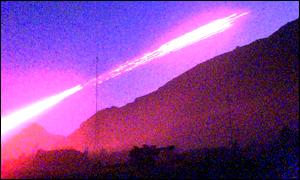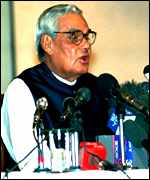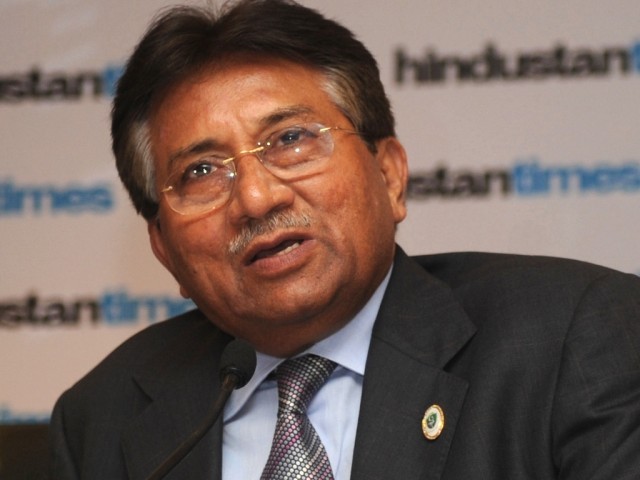I have noticed large amount of masks
May be due to the fear of NBC warfare.India had a large stockpile of Chemical Weapons at that time. 155 mm Arty shells can be used to integrate chemical weapons.
GAS Mask recovered from Khalubar and SSG 69 sniper rifle
BBC News | South Asia | India 'using chemical weapons' in Kashmir
India 'using chemical weapons' in Kashmir
A multi-barrel rocket launcher fires at enemy positions
Pakistan has accused India of firing chemical shells in its campaign to dislodge hundreds of suspected infiltrators from positions on the Indian side of the line of control in Kashmir.
India - a signatory of the Chemical Weapons Convention - has denied the accusation.
Pakistan has produced no evidence for its allegation, but says it wants to get independent experts into the disputed Kashmir region to establish the truth.
Sartaj Aziz: "We need neutral observers"
Foreign minister Sartaj Aziz told the BBC this was the only way to verify the presence of chemicals because the evidence tended to dissipate within a day or two.
Indian air force jets continued to strafe enemy positions high in the Himalayas on Monday. Reports also spoke of close combat.
A military statement from Islamabad accused India of making heavy artillery bombardments deep into Pakistan's territory.
Shumit Ganguly of Hunter College, New York: "Getting evidence would be very difficult"
It said India had attacked a Pakistani army position on the line of control and that, as a result of that incident, one of its patrols was missing.
The statement warned that if attacks on the line of control continued, then Pakistan reserved the right to respond.
Vajpayee: 'India is prepared for any eventuality'
The allegation came shortly after the Pakistani Prime Minister, Nawaz Sharif, made a telephone call to his Indian counterpart, Atal Behari Vajpayee, in which he again called for a reduction of tension in Kashmir.
Mr Vajpayee, during a visit to the front line in Kashmir, told troops that India was prepared for any eventuality. He said India would continue its offensive until it won back its lost territory.
Addressing a news conference, Mr Vajpayee declined to say whether there was any possibility that the fight might be taken across the line of control.
here to see a map of the area)
Several shells landed nearby as Mr Vajpayee and his delegation arrived in the largely deserted town of Kargil, some 200 km north-east of Srinagar.
The town is close to the scene of the worst fighting.
They were visiting Indian troops, who have for the past month been engaged in heavy fighting along the demarcation line between India and Pakistan in Kashmir.
India is trying to repulse what it describes as Pakistani-backed infiltrators from the mountains on the Indian side of the line of control.
It is the prime minister's first visit to Jammu and Kashmir since India launched its offensive.
Talks deadlock
BBC Correspondent Mike Wooldridge: "Jaswant Singh's visit will be closely watched in Pakistan"
On the diplomatic front, the Indian Foreign Minister, Jaswant Singh, arrived in China on Monday for a two-day official visit.
China is a long-standing ally of Pakistan.
Mr Singh's trip follows deadlock on Saturday in the first face-to-face talks between India and Pakistan on the conflict.
A proposal by Pakistan that India should call off its air strikes and that both sides should stop trading artillery fire across the line of control was rejected by India.
Foreign Minister Jaswant Singh said that, if Delhi were to dilute the measures it was taking to end the infiltration, this would merely - as he put it - sanctify the aggression.







